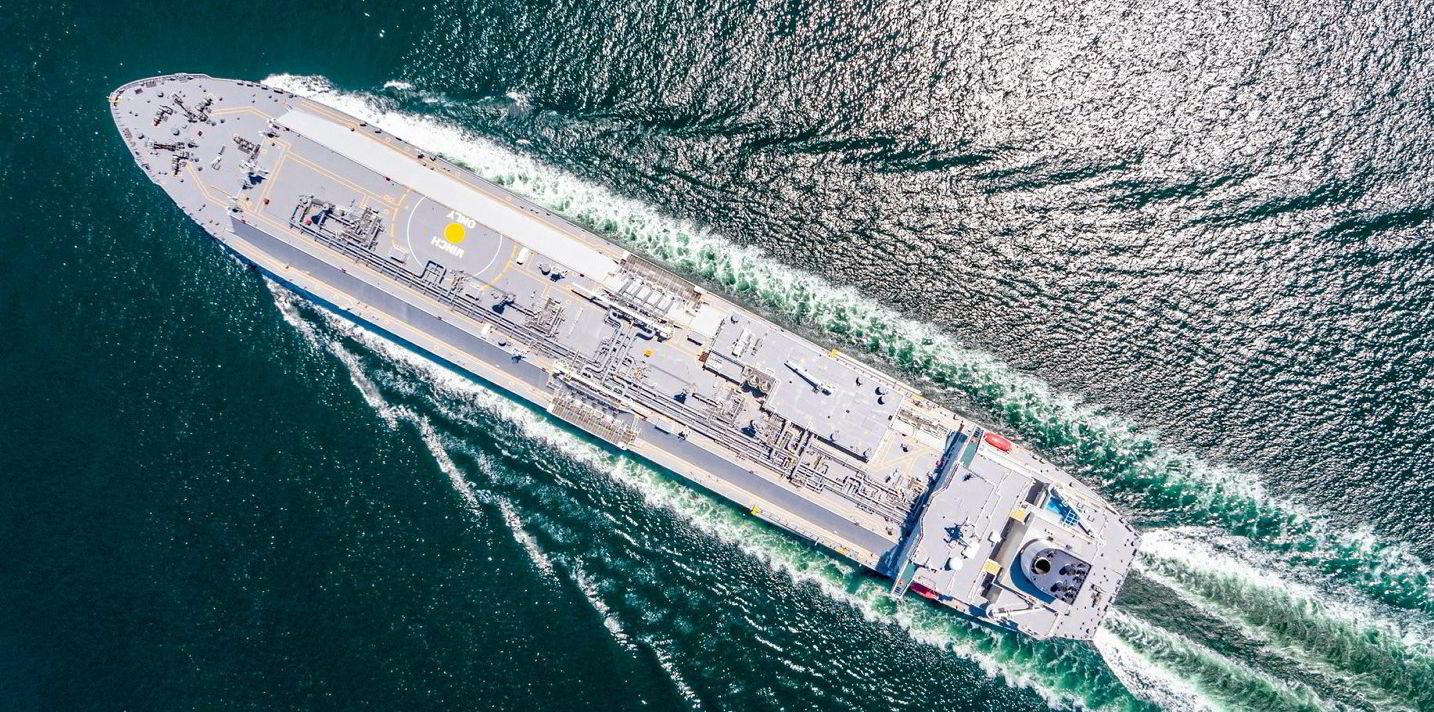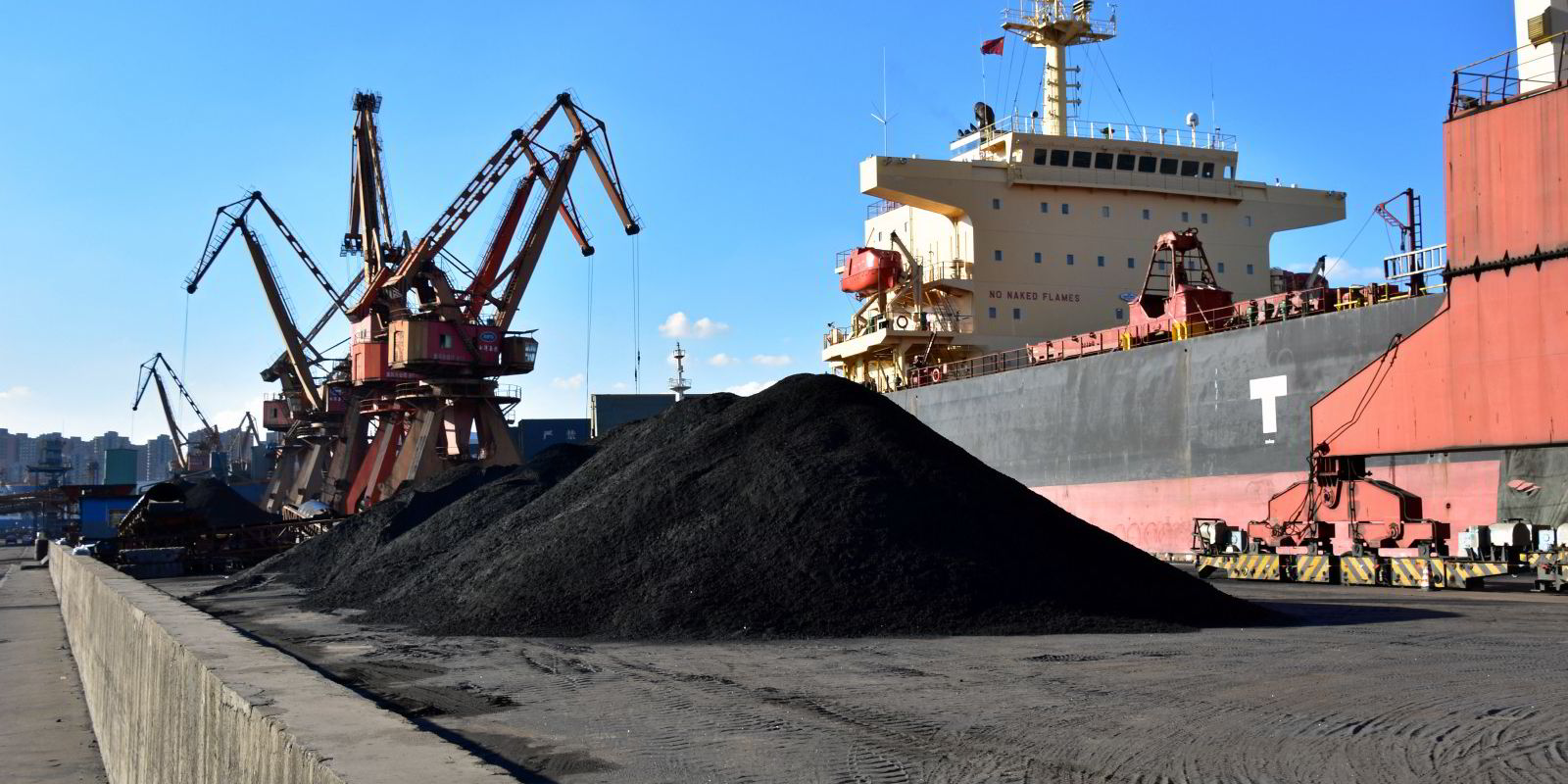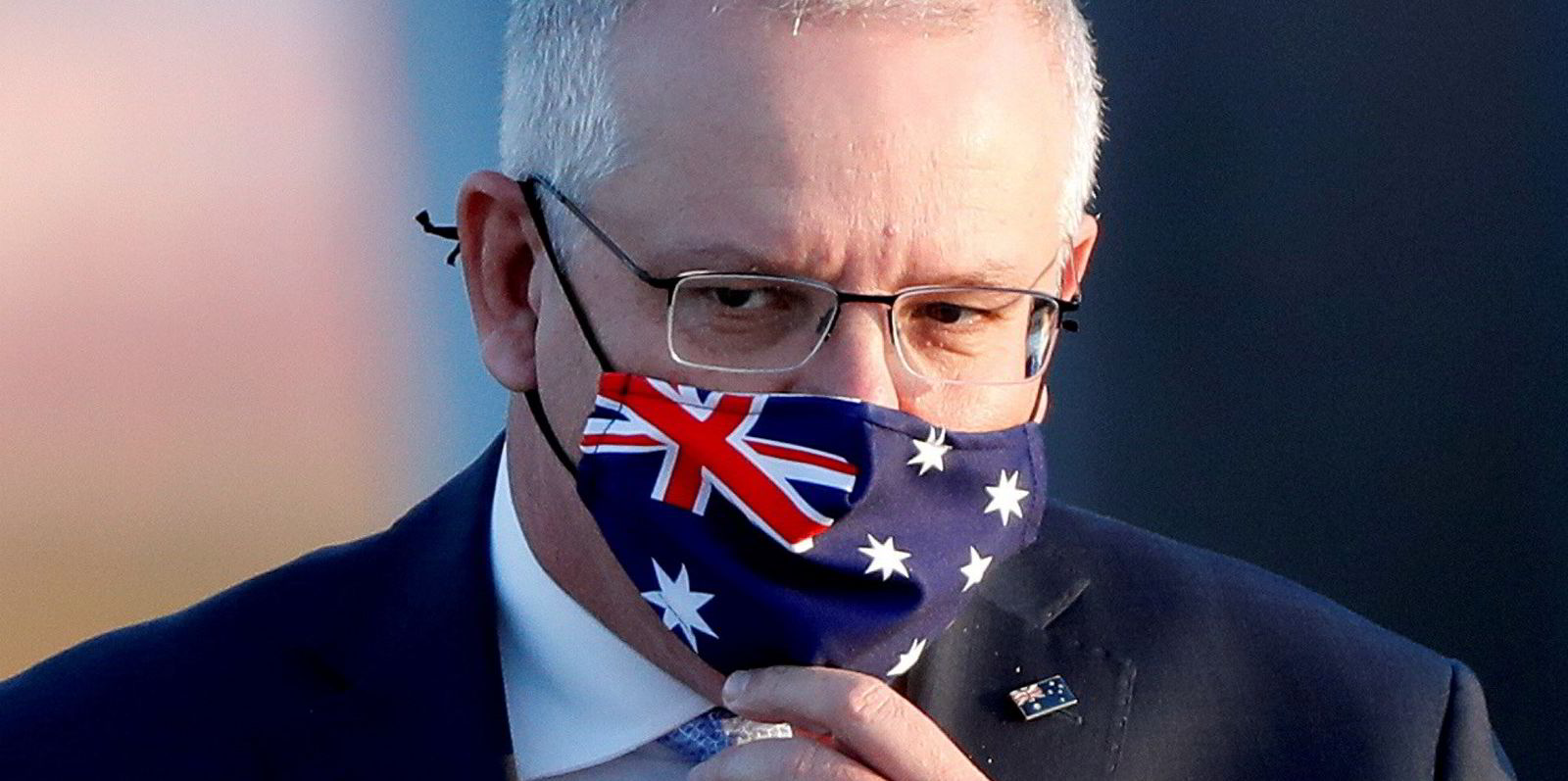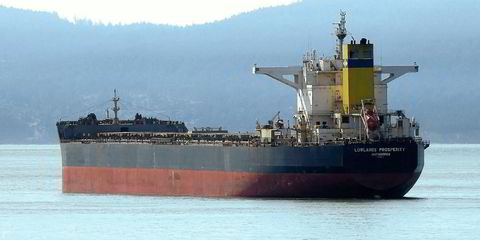China would find it difficult to replace the LNG it currently imports from Australia should it choose to increase trade hostilities, according to industry observers.
Unconfirmed media reports recently indicated that smaller LNG buyers in China have been told that Australian spot LNG cargoes are now “off limits”.
While China’s second-tier LNG importers only account for around 10% of the country’s total imports, the move would signify a further escalation in China’s use of trade in what is an essentially political dispute.
“Last year Australia accounted for 45% of China's LNG imports and was by far the largest exporter to China,” Banchero Costa's Ralph Leszczynski told TradeWinds.
“So it would certainly be very, very difficult and controversial to try to phase them out to any significant extent.”
Leszczynski, head of research at the shipbroker, said LNG exports from Australia to China increased by 5.4% year-on-year in 2020, although China’s overall LNG imports increased by 11%.
While China’s LNG imports from Australia were up 4.2% year-on-year in the first quarter of this year, imports from Qatar and Russia were up 34.5% and 47.7%, respectively.
“So clearly China has been trying to diversify away from Australian LNG, but this has been done in a very moderate, slow paced way so far,” said Leszczynski.
“It seems pretty much impossible that they could outright ban on Australian LNG as there are not that many alternatives out there.”
US LNG imports
One option is imports from the US, with China importing 2.3m tonnes from the country in 2018, or 4% of China’s total imports that year, but this went down to virtually zero in 2019 at the height of the trade war.
“In 2020, LNG imports from the US to China surged back up to 3.2m tonnes, although this was still just 4.8% of China's total LNG imports last year,” said Leszczynski.
However, in the first quarter of 2021, the volumes from US to China were already 1.9m tonnes, or almost 7% of last year’s total.
Leszczynski said it felt “perverse and surreal” that the political spat between Australia and China actually ends up benefiting the Americans at the expense of the Australians, a situation very similar to that with coal.

“Regardless of the current spat with the Australians, I think that China would regardless want to try to diversify its sources of LNG in the longer term, as it's unhealthy to rely on one single country for 45% of imports,” said Leszczynski.
“Therefore, they will likely try to boost future imports in particular from Russia and Qatar, both of which are currently investing in boosting their production and export capacity.”
Leszczynski said there is also the issue of pipelines, as China also gets about half of its natural gas by pipeline from Russia and from Turkmenistan.
Pipeline LNG imports
“That has been part of the strategy from the beginning, but of course pipelines from foreign countries are extremely expensive to build and maintain, and offer next to no flexibility,” he said.
“Therefore at least a 50:50 share between pipelines and seaborne LNG has been preferred, and this is likely to continue as a strategy.”
Wood Mackenzie Asia Pacific vice chair Gavin Thompson said Beijing could look to further impact Australian LNG exporters like what it did against the US three years ago.
“Given the volumes at stake, an import tariff similar to the 25% slapped on US LNG exports in 2018 would likely be too painful for Chinese buyers and consumers,” he said.
“But Beijing might consider moves to deter Chinese buyers from signing new long-term contracts with Australian projects.
“This could be politically expedient, allowing Beijing to highlight its willingness to widen punitive actions on Australian exports, while having a minimal impact on China’s future LNG supply options given the relatively limited volume of Australian pre-FID supply.”
But despite such concerns, Thompson agrees that there is likely to be minimal impact on existing LNG contracts.
“Australian volumes are essential to meeting China’s domestic gas demand, while several Australian projects have significant Chinese equity participation,” he said.
“Reported moves by Chinese buyers to invoke force majeure clauses in LNG contracts as the Covid-19 crisis first emerged in China in early 2020 ultimately made little progress.
“And while buyers may be unenthusiastic to repeat that experience, might efforts to renegotiate contract terms find fresh support in Beijing.”






